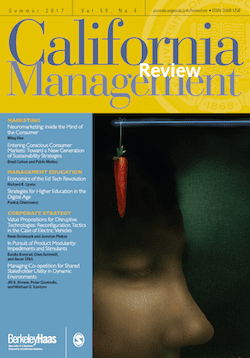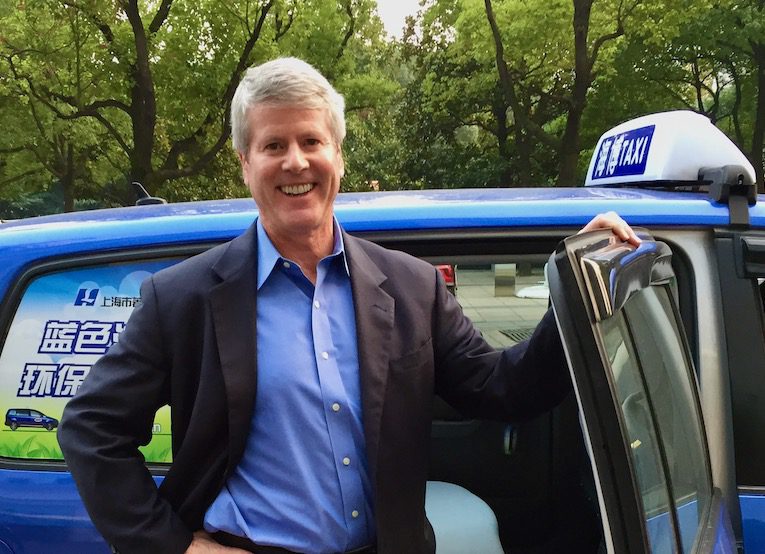
For the first time in three years, MBA students are traveling abroad this month to work on consulting projects through the International Business Development (IBD) program at Berkeley Haas.
“We’re so happy to be up and running again,” said IBD’s executive director David Richardson, who runs the marquee Haas global management consulting program that is celebrating its 30th year. “This is one of the most popular electives for our students, and we were crushed when we got hit by COVID restrictions and our students could no longer travel. But we want everyone to know that we’re back.”
Lecturer Whitney Hischier, who teaches the IBD course, added that the hiatus “made us all appreciate the value of experiential classes more than ever.”
Thirteen students assigned to four teams will head to Singapore, Finland, and Guatemala in mid May. To prepare, the students began the IBD consulting course last January, which included the much-anticipated “big reveal” when the students learn where they’ll go.
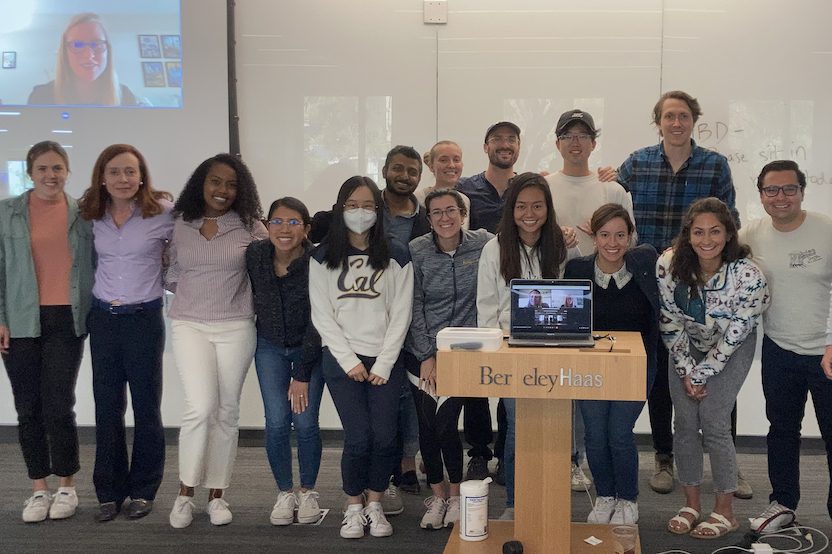
In Singapore, one project team will work with a global food company. Two teams are heading to Finland. One will work with a software company that offers consumer electronics service management solutions, and another is assigned to a company that built a digital food safety and operations system for hotels, restaurants, and catering businesses. In Guatemala, students will collaborate with a social service organization that operates hospitals and vision centers that aim to eradicate treatable blindness.
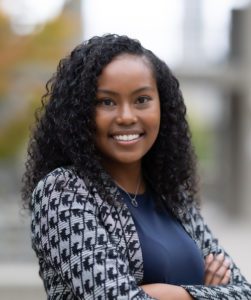
Monica Shavers, MBA 23, said she is looking forward to experiencing the culture and the food of Singapore, while working for the global food company.
“We’ve had lots of (virtual) client meetings, talking to our sponsor every week to figure out our itinerary and the ways in which we’ll learn about Singaporean food culture,” she said. “We’ve been talking through all of our ideas, and laying out what we will validate while we are in-country.”
When applying to Haas, IBD was one of the key attractions, she said. “I didn’t get to study abroad as an undergraduate,” she said. “I saw this as a great opportunity for me to get that global experience while I’m in school again.”
Kylie Gemmell, MBA 23, is heading to Joensuu, a small town in Finland, in mid-May to work with a client that makes hardware and software used to control food temperature safety.
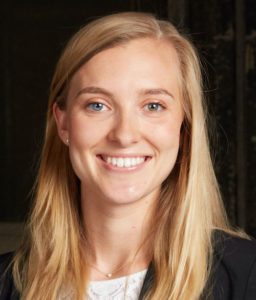
Gemmell, who worked in real estate investing before coming to Haas, said IBD has helped her explore a career change. “I’ve never had a consulting job and I wanted to experience what that would feel like—and here I am, 12 weeks into food safety regulation, an area I never knew existed,” she said. Gemmell added that her IBD consulting project has helped her learn more about herself, as the work differs from the independent nature of real estate.
“What I’ve realized is that I really love working on a team and that I get my energy from people and from working collaboratively.”
IBD has grown since JoAnn Dunaway, MBA 92, started the program after she graduated from Haas. “She saw a need for a challenging experiential learning program for MBA students to solve business problems,” Richardson said. “JoAnn had an international background and interest and she brought that in—and the school ran with it.”
During the recent Alumni Weekend at Haas, six IBD alumni joined students for a combined virtual/in-person panel during the April 28 IBD class. The alumni shared insights on their projects and the impact the program has had on their careers. (Read more from IBD’s Associate Director Danner Doud-Martin on the IBD blog)
To prepare for the return to project work overseas, Richardson, a former Peace Corps volunteer, headed abroad last November to meet with potential IBD project clients. In recent months, he worked with UC Berkeley Study Abroad Office and Risk Services to make sure Haas met UC Berkeley’s standards for mitigating the risk of Covid during student travel and at client sites. Over time, he said he’s updated the list of countries where IBD students were able to safely work.
Richardson said he feels great about the program’s future.
“We’re hopeful that we’re getting back into the business of sending more students overseas,” Richardson said.
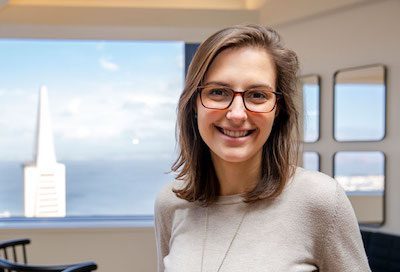
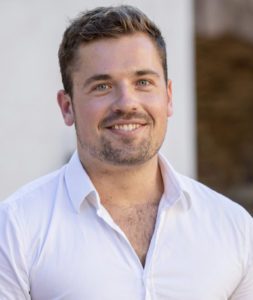
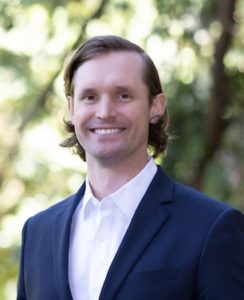
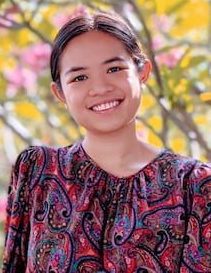

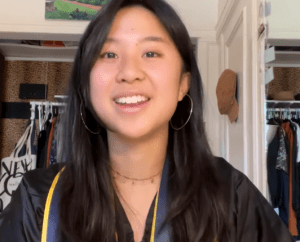
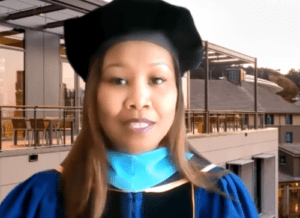
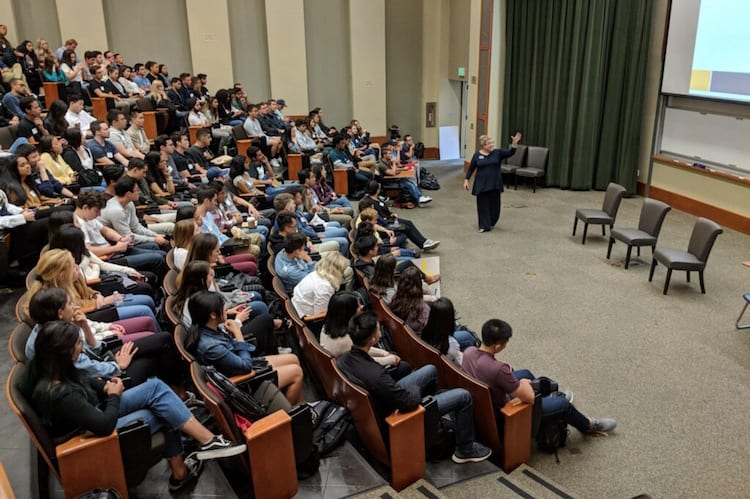
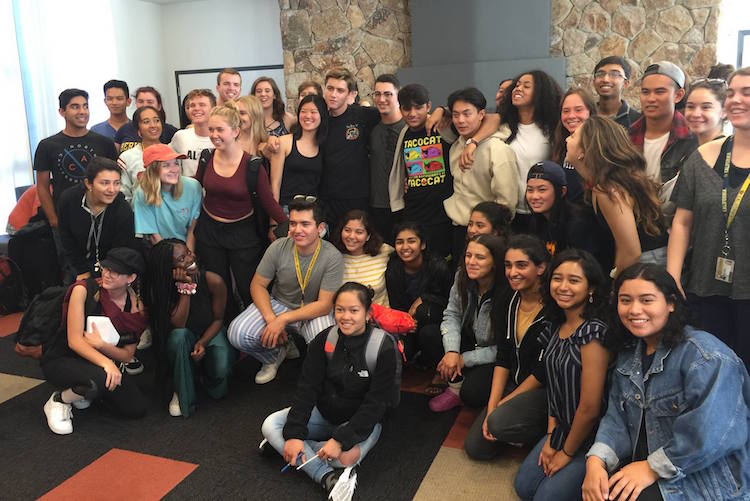
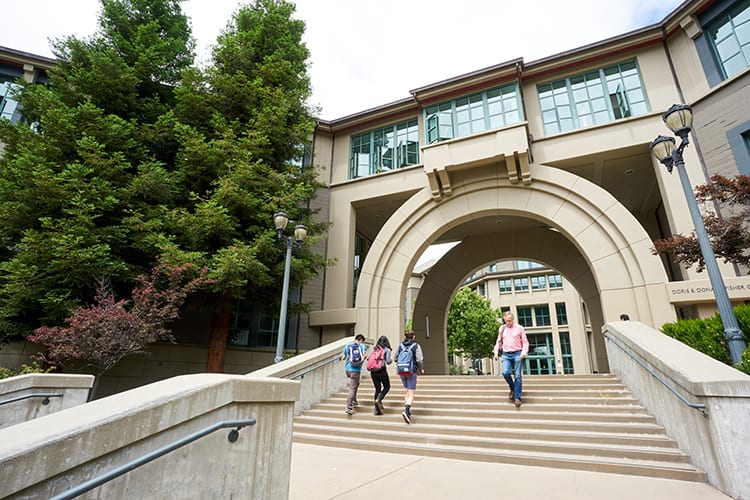 Berkeley-Haas is rolling out an intensive new international program for undergraduates in fall 2018, designed to prepare students to take their places as leaders in the multinational workplace.
Berkeley-Haas is rolling out an intensive new international program for undergraduates in fall 2018, designed to prepare students to take their places as leaders in the multinational workplace.